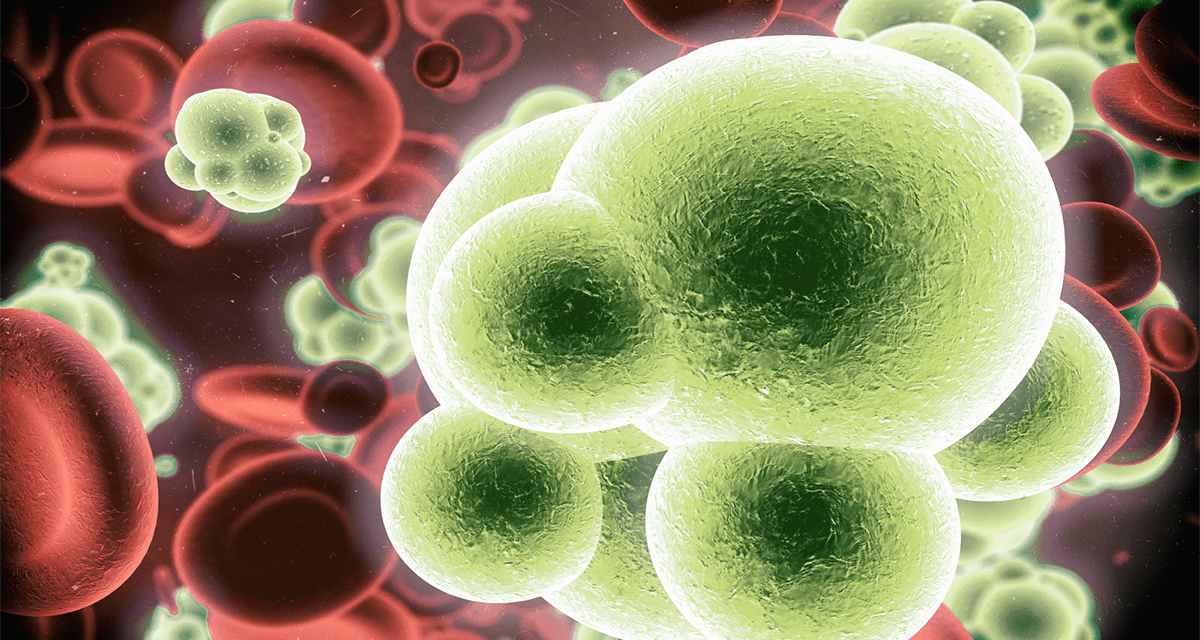Renshen Shouwu extract (RSSW) is a patented Traditional Chinese Medicine included in Chinese Pharmacopoeia for neurasthenia, forgetfulness, insomnia, inappetence and excessive fatigue. Our previous study had demonstrated the neuroprotective effect of RSSW against ischemic stroke in rats with middle cerebral artery occlusion (MCAO). However, its underlying mechanism remains unknown.
In this study, we investigated the neurogenesis and angiogenesis effects of RSSW in ischemic stroke rats, and further revealed its underlying mechanism focused on TLR4/NF¬κB/NLRP3 signaling pathway.
Firstly, active compounds of RSSW were determined by High Performance Liquid Chromatography (HPLC). Secondly, Middle cerebral artery occlusion (MCAO) was performed to induce ischemic stroke in rats and 2, 3, 5-Triphenyltetrazolium chloride (TTC) staining was employed to evaluate whether MCAO surgery was successfully established. Neurological deficit evaluation was conducted according to the Zea Longa’ method. Then, we explored the neurogenesis and angiogenesis effects after oral administration of RSSW (50 mg/kg, 100 mg/kg) in MCAO-induced rats by Immunofluorescence Staining. Moreover, the proteins involved in TLR4/NF¬κB/NLRP3 signaling pathway (TLR4, p-NF-κB p65, NF-κB p65, NLRP3, pro-IL-1β, IL-1β, pro-Caspase-1, Caspase-1) were determined by western blotting.
It was observed that RSSW treatment significantly increased the number of newborn neurons and brain microvessel density (MVD) after ischemic stroke. What’s more, RSSW treatment significantly downregulated TLR4, p-NF-κB p65/p65, NLRP3, pro-IL-1β, IL-1β, pro-Caspase-1, Caspase-1 proteins involved in TLR4/NF¬κB/NLRP3 signaling pathway.
RSSW enhances neurogenesis and angiogenesis via inhibition of TLR4/NF¬κB/NLRP3 inflammatory signaling pathway following ischemic stroke in rats. Hence, RSSW may be a promising Chinese Medicine for the treatment of ischemic stroke.
Copyright © 2020. Published by Elsevier B.V.
Renshen Shouwu extract enhances neurogenesis and angiogenesis via inhibition of TLR4/NF¬κB/NLRP3 signaling pathway following ischemic stroke in rats.


